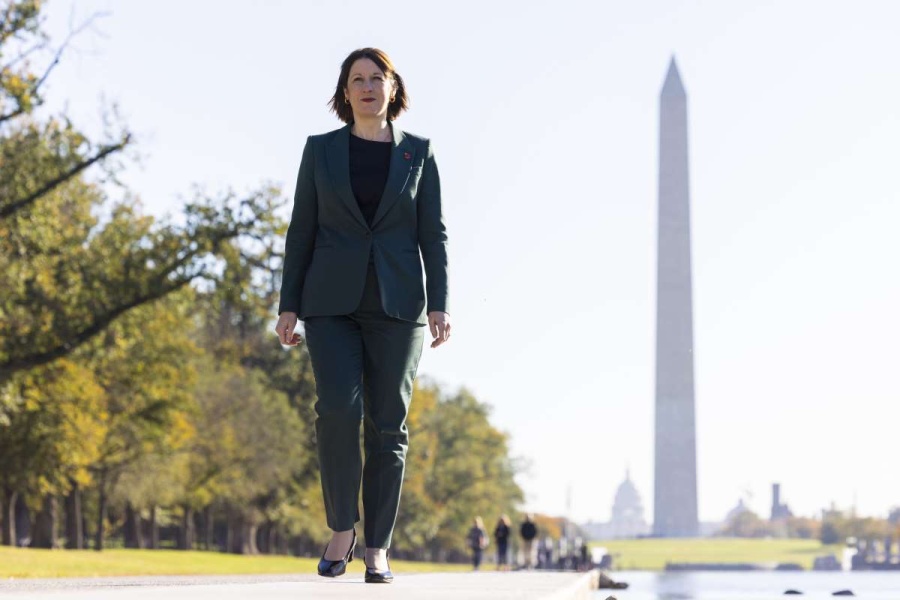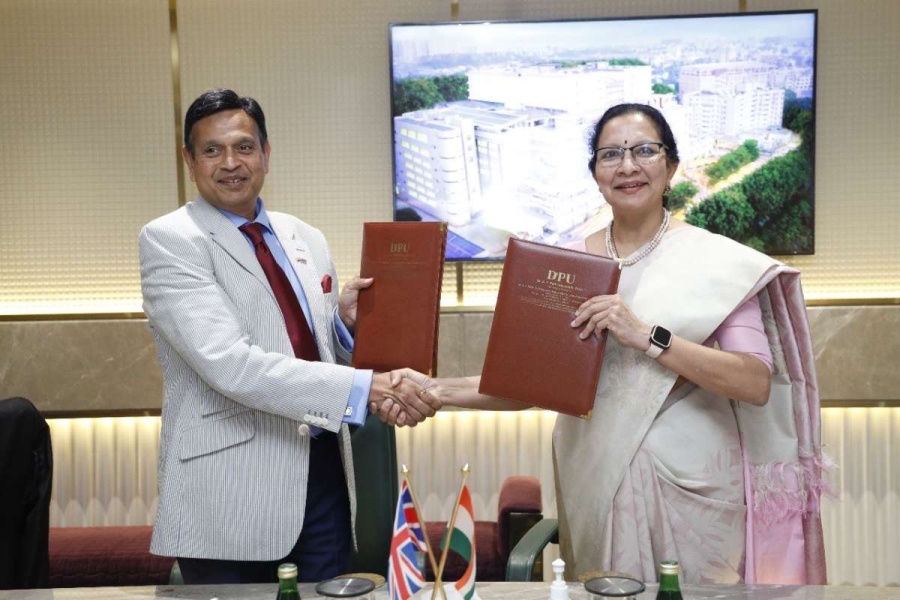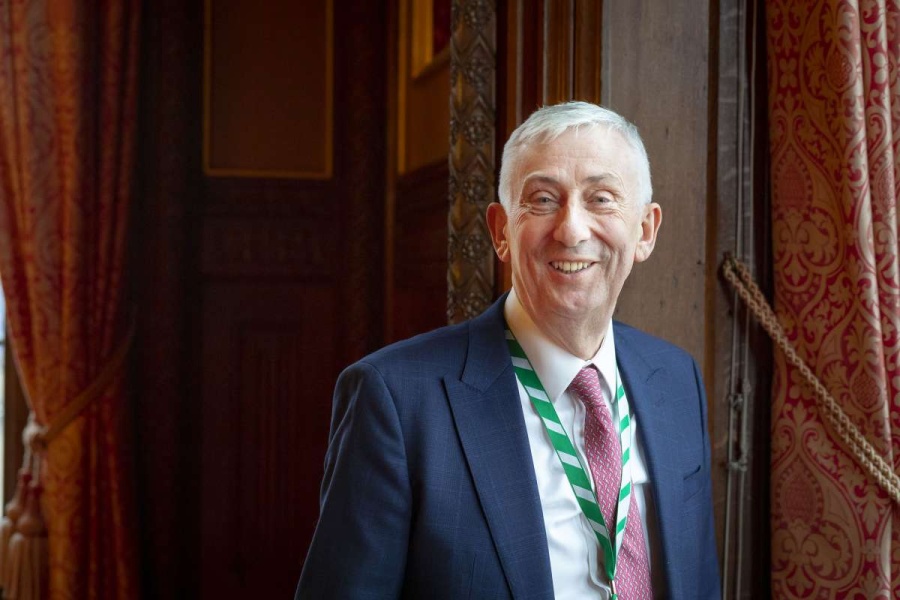Rachel Reeves is expected to announce an increase above inflation and even higher than what had been predicted last month…reports Asian Lite News
The national minimum wage is to increase by up to 6% next year, with more than 1 million low-paid workers in line for a pay rise.
Rachel Reeves is expected to announce an increase above inflation and even higher than what had been predicted last month. Ministers, who will herald the rise as good news for working people, said that 18- to 20-year-olds ought to eventually be paid the same as older workers, according to a recommendation first reported in the Times.
About 1.6 million people are in line to receive the “national living wage” of £11.44 an hour, the minimum wage for those 21 and over – rising to more than £12.12 after ministers promised to “raise the floor” on wages.
However, businesses are warning that the expected rise will be announced alongside an increase in the national insurance contributions they must pay on wages.
The national living wage must not drop below two-thirds of median earnings, ministers have told the Low Pay Commission. The target was set by the Tories and achieved this year after almost 10 years of above-inflation increases.
The commission said last month that it expected to recommend an increase of 5.8% but a source confirmed that the final figure could be up to 6%.
Nye Cominetti, the principal economist at the Resolution Foundation, said: “Millions of low earners are set for good news in the budget when the chancellor announces the latest rise in the minimum wage.
“A bigger surprise is the expected increase in employer national insurance contributions. As a result of the two together, some businesses will legitimately say that their wage costs have gone up quite a bit as a result of this budget,” he added.
Tina McKenzie of the Federation of Small Businesses said: “It is businesses that pay people’s wages, plus all the tax government charges on top, which must be factored in when deciding on the living wage rate.”
However, Paul Nowak, general secretary of the TUC, said: “At a time when the cost of living is still very high the lowest paid would really benefit from a decent increase in the minimum wage. We know that low-paid workers spend more of their cash in their local economies. So any increase in their spending power will benefit local firms too.”
He added: “Every time the minimum wage goes up there are some voices who predict this will drive up unemployment. Every time they are wrong.”
A Treasury spokesperson said: “We do not comment on speculation around spending decisions or tax changes outside fiscal events.”
‘Budget will end neglect of broken not beaten NHS’
The budget will revive a “broken but not beaten” NHS, Labour ministers have said, with billions of pounds of funding to be announced in an effort to cut record waiting lists.
The chancellor, Rachel Reeves, said measures to be announced on Wednesday would “end the neglect” of the health service, delivering more surgical hubs and radiotherapy machines in a drive to lay on an extra 40,000 appointments a week.
The government is expected to deliver a boost of at least 4% to NHS annual funding, sources have previously told the Guardian, which could translate to a cash injection of about £7bn for the health budget in England.
In a speech on Monday to underline how steep tax rises would fund public spending, Keir Starmer said this would be the biggest budget of the next five years, with the toughest decisions, to set the course for the whole parliament.
The prime minister said he wanted to “take the difficult decisions here and now upfront” to create the conditions for improving public services, investment and growth.
“We are fixing the foundations in this budget … That’s the approach … you can expect to see pretty well all of that in this budget,” he said, though he added that he could not “ever completely rule out any further changes”.
Treasury sources said Starmer and Reeves would emphasise this week that the budget would be “generational” and would contain the most significant decisions of the parliament, barring unexpected crises.
“We do not want to come back and do another budget of this magnitude,” one said. “This is responding to a once-in-a-generation set of crises and we don’t intend to ask the country to do this again.”
Tax rises are expected to hit employers’ national insurance contributions, a rise that will directly be linked with the investment planned for the NHS. The rises are not likely to be extended to employers’ pensions contributions.
The chancellor is also expected to make changes to capital gains and inheritance tax and to extend the freeze on tax thresholds, meaning more households will be dragged into paying higher rates of tax as wages rise.
It comes as Reeves unveils a £240m package to speed up the rollout of local services to help people back into work. The “Get Britain Working” scheme is expected to feature support in work, skills and health for people who are disable or long-term sick.
Treasury sources said there would be “no rabbits” – big surprise measures – claiming they were instead focused on the serious endeavour of fixing the national finances.
Speaking on a visit to St George’s hospital in south London on Monday, Reeves and Wes Streeting, the health secretary, said hard choices would deliver extra public spending where it was necessary.
Starmer also underlined that point in his speech, drawing a distinction with the elections of 1997 and 2010 when Labour leaders promised to match Conservative spending plans.
The prime minister said he had never made the same commitment because he was not prepared to countenance significant spending cuts – though cabinet ministers have privately raised alarm at the prospect of squeezed budgets.
“The budget the chancellor will deliver on Wednesday will prevent devastating austerity in our public services and prevent a disastrous path for our public finances,” Starmer said. “That is the reality of what would happen if we’d stuck to Tory spending plans.”
ALSO READ: ‘Spain is an important partner within EU’














